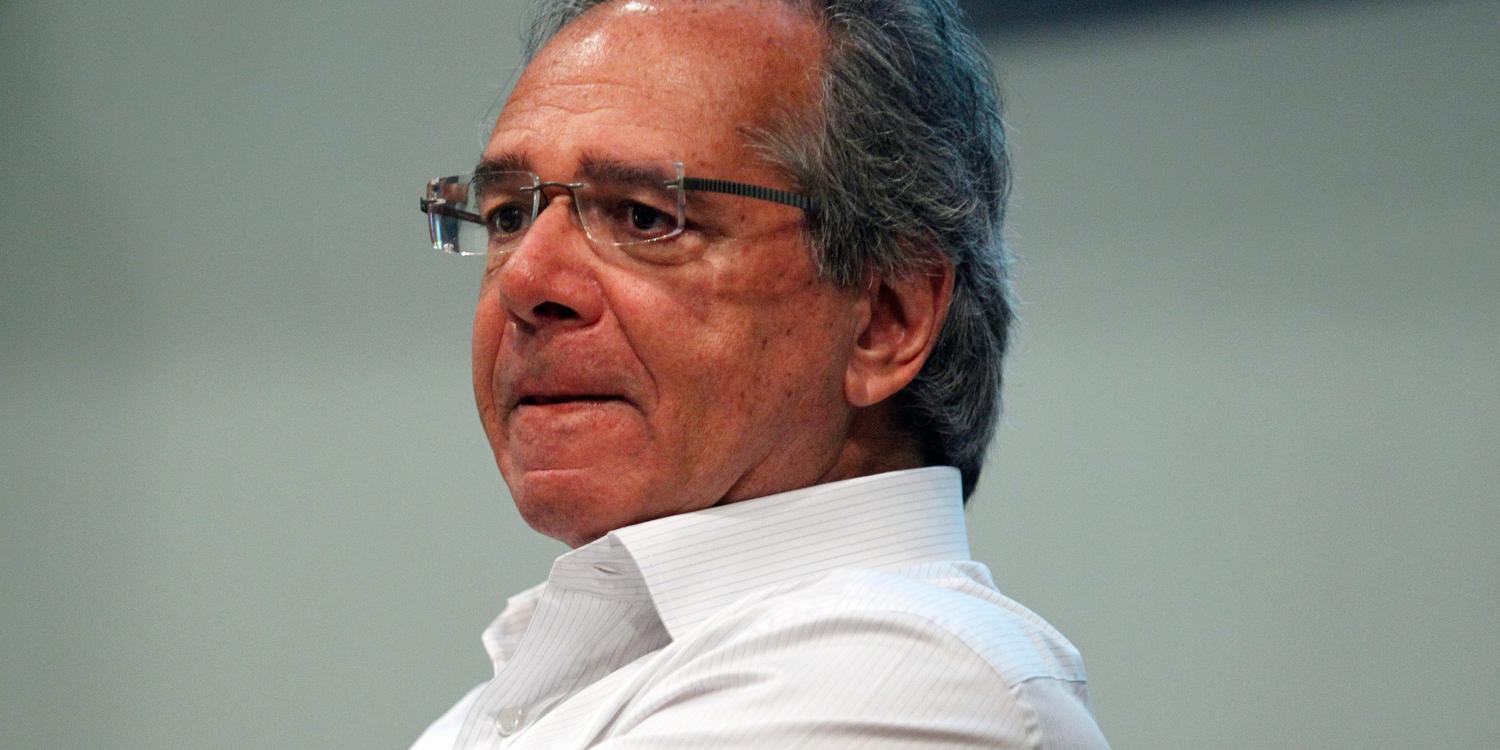RIO DE JANEIRO, BRAZIL – The Minister of Economy, Paulo Guedes, advocated on Wednesday, April 29th, the sale of part of the international reserves to reduce the size of the gross debt in proportion to the Gross Domestic Product (GDP). “That’s what we did last year. And the Central Bank can do a little more,” he said during a video conference meeting with retail sector leaders.
He also recalled that each one percentage point reduction in the basic SELIC rate means savings of R$80 billion in the interest account per year. “They said we would only reduce debt in 2022 and we reduced it in the first year. We have already cut R$120 billion in debt for now,” he added.

The Minister reported that this week he had a meeting on privatizations with other Ministers. According to him, the special secretary of Privatization, Divestment and Markets, Salim Mattar, showed that Brazil has real estate assets that add up to over R$1 trillion, in addition to R$900 billion invested in state companies.
“In other words, we have a debt of R$4 trillion and almost R$2 trillion in assets. If we expedite privatizations and the sale of real estate, we may also reduce the debt”, he concluded.
Pro-Brazil
Guedes also stressed the immediate effects on the capital market that the rumors surrounding the launch of the Pro-Brazil program caused last week. Announced by the Executive Office of the President, the program provides for public investments of up to R$50 billion in infrastructure until 2022.
“When it seemed that Brazil was going to start spending, interest rates rose and the stock market fell. In two or three days, we destroyed R$250 billion in company market value. All the funds that Minister Tarcísio needs for investments evaporated in minutes. When we demonstrate the fiscal commitment, these resources will return. And when interest drops, the country will save billions in debt payments,” said the Minister.
Low interest and higher exchange rate
Guedes again said that the Brazilian economy’s current scenario is one of low interest rates and higher exchange rates – which, he said, helps the country’s industry. “We have very low interest rates and they may drop further,” he added.
Competition
The Minister of Economy also argued for more competition “on the top floor” of the economy, referring to large banks and contractors. “We want productivity gains, with free market, to increase wages. That will provide workers with security. We don’t want a money shower, like we did with the FGTS (Severance Indemnity Fund),” he said.
According to Guedes, there is no shortage of money, workers and natural resources in the world. “It’s trillions of dollars being poorly paid, mostly at negative interest rates. What is lacking are entrepreneurs. Sometimes there are fortunes made in Brasília, with requests for official favors. Entrepreneurs need to create products and jobs, and help create a mass market,” he added.
The Minister said entrepreneurs also need to implement extraordinary measures because of the covid-19 pandemic. “We need you, entrepreneurs, to run weekly tests on employees. I am not advocating that everyone go back to work, but that this be done safely,” he added.
Guedes again referred to public opinion as the “fourth estate”. “The media is the best tool to help democracy, opinions help Congress, where there are many people willing to pass reforms to help Brazil. The fourth [governmental] power is public opinion, that’s the strength of democracy. The people have to say what the government should do,” he concluded.
Source: Estadão Conteúdo

